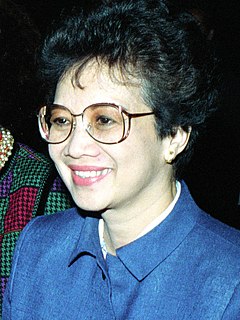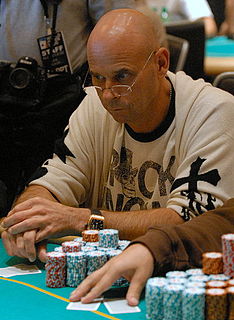A Quote by George W. Bush
After 9/11, I told the American people I would do everything in my power to protect the country, within the law, and that's exactly how I conduct my presidency.
Quote Topics
Related Quotes
Apparently we've got open borders. We've got people in this country all over the place that could be part of cells. After 9/11 happened, you have to understand, leadership and law enforcement after 9/11, they really got reamed for doing a horrible job of preventing it when in many people's minds it was preventable.
If I'm not mistaken, that relationship [of Barack Obama] with Mr.[Bill] Ayers on this board continued after 9/11 and after his reported comments, which were deeply hurtful to people in New York and, I would hope, to every American, because they were published on 9/11, and he said that he was just sorry they hadn't done more.
I promise to do everything in my power to achieve energy independence and to do so within ten years and to stop global warming, which says to the American people that we are about the future, about addressing how we create jobs, how we care for our children, how we grow our economy, and how we preserve our planet.
The idea that the president doesn't interfere in law-enforcement investigative matters is one of our deep normative expectations of the modern presidency. But it is not a matter of law. Legally, if the president of the United States wants to direct the specific conduct of investigations, that is his constitutional prerogative.































